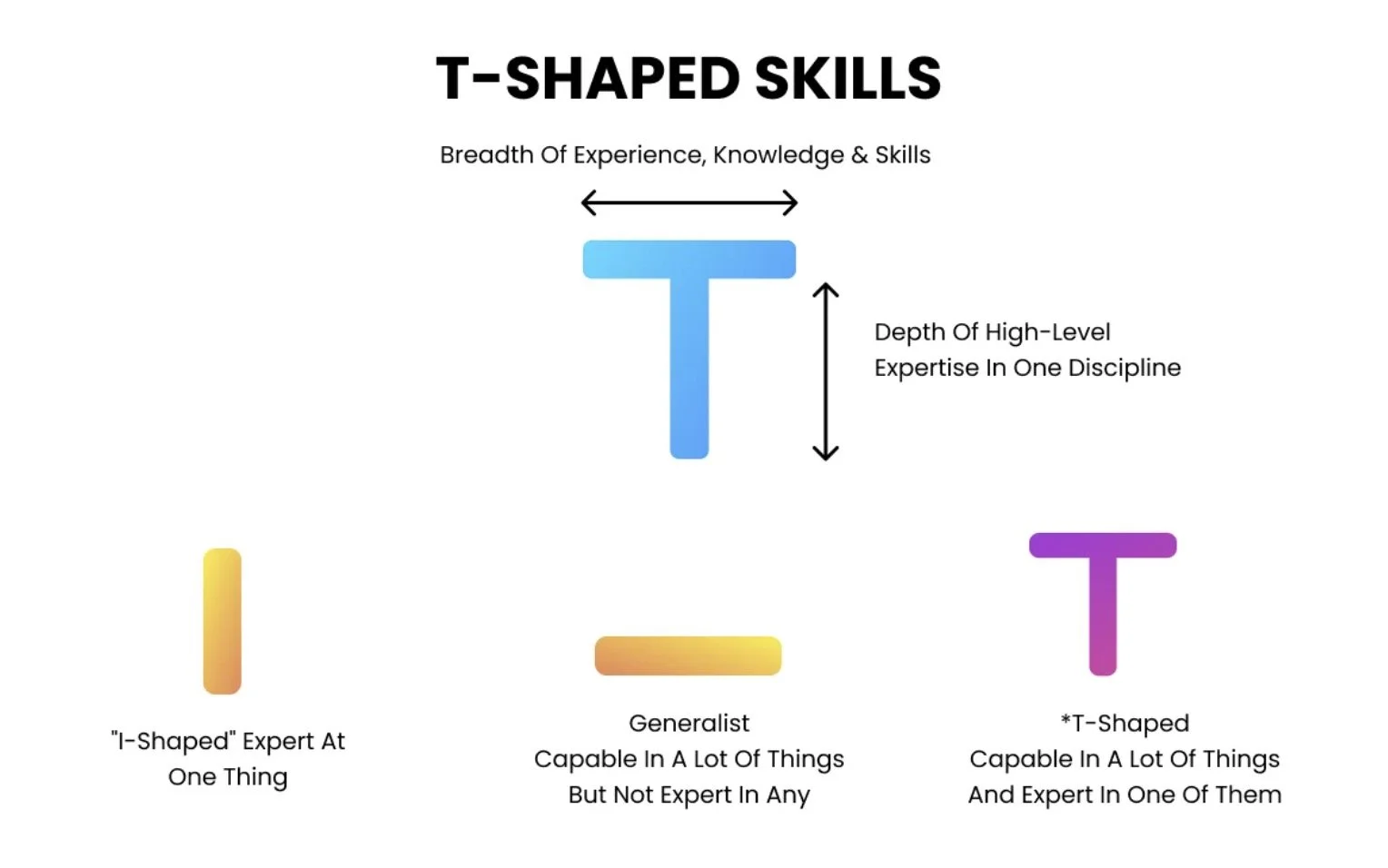Restaurants Get Tax Breaks, Deferments from CARES Act
/The CARES Act signed into law by President Trump postpones but doesn’t eliminate the inevitable — taxes. But the temporary changes in tax law can help ease the burden restaurants face during the uncertainty of the coronavirus crisis. Here’s a summary of some of the changes.
Delays in tax filings/payments. The tax filing deadline will be extended from April 15 to July 15, and you can postpone estimated tax payments (both personal and business) due until October 15, 2020, with no cap on the amount of the payment you postpone. Social Security taxes also are deferred, with half due on Dec. 31, 2021, and the remaining half at the end of 2022.
Employee Retention Tax Credit. Restaurants that closed or whose business declined 50% or more due to the coronavirus – compared with the same quarter last year – get a refundable payroll tax credit for 50% of wages paid to employees during the crisis. The credit applies to the first $10,000 of compensation paid, including health care benefits, from March 13, 2020 through December 31, 2020. What wages qualify vary somewhat depending on whether you have more or fewer than 100 employees.
Tipped employee wage adjustment. Since table service has been discontinued in most states, and servers are no longer able to earn tips, you can base your payroll costs on the wages you’re currently paying waitstaff for the jobs they’re doing now, instead of the wages plus gratuities they collected prior to the COVID-19 pandemic. You can use these wages when you compute loan forgiveness.
Cap on sick leave expenses. Your sick leave expenses are capped at $200 per day and $10,000 in the aggregate for each employee. Outlays for paid family leave are capped at $200 a day or $2,000 in the aggregate for employees attending to a quarantined child or family member.
Modifications for Net Operating Losses (NOL). This provides that a loss from 2018, 2019, or 2020 can be carried back five years, and temporarily removes the taxable income limitation to allow a NOL you incurred to fully offset income.










